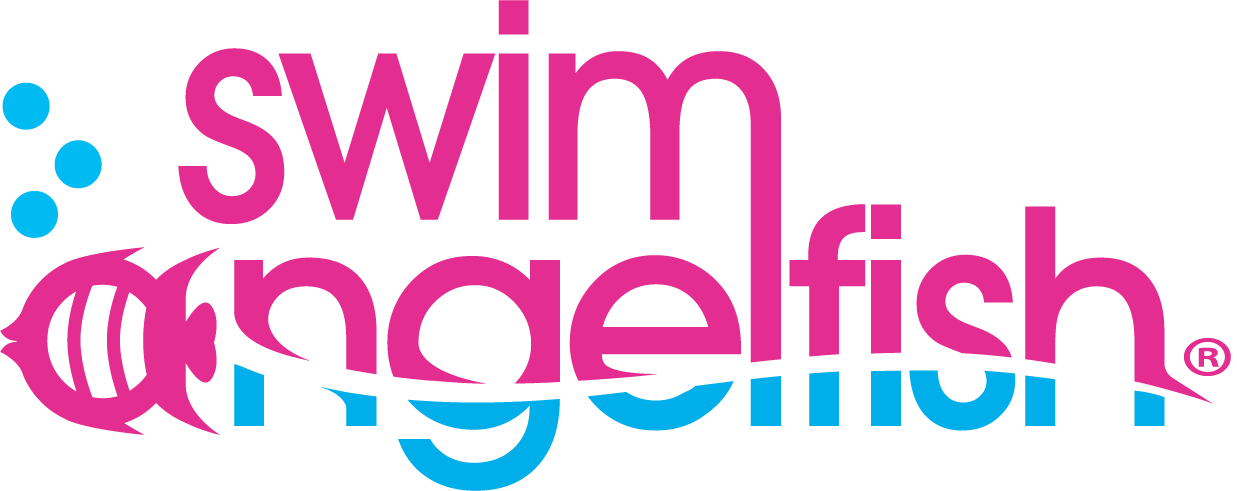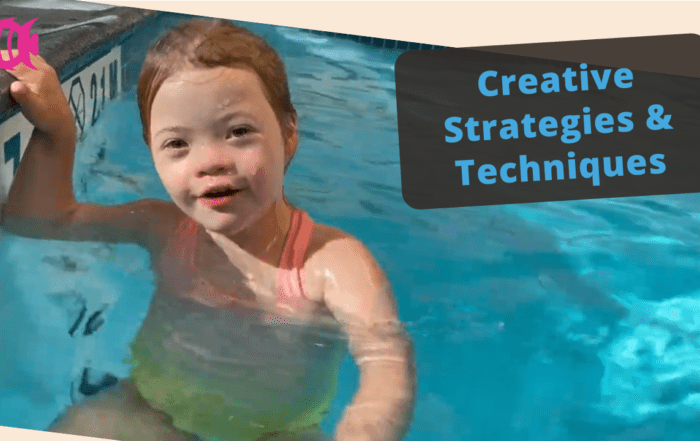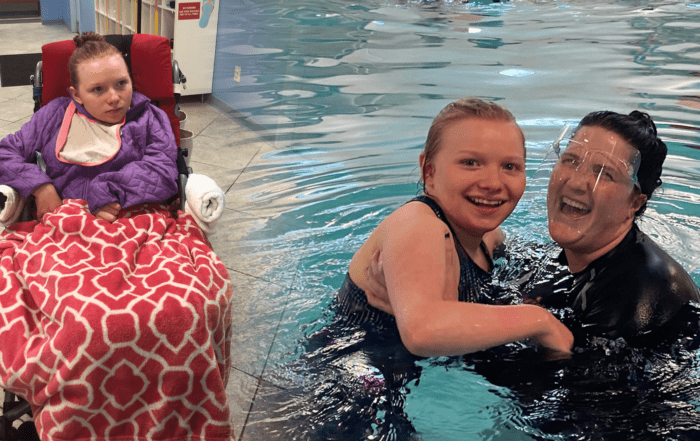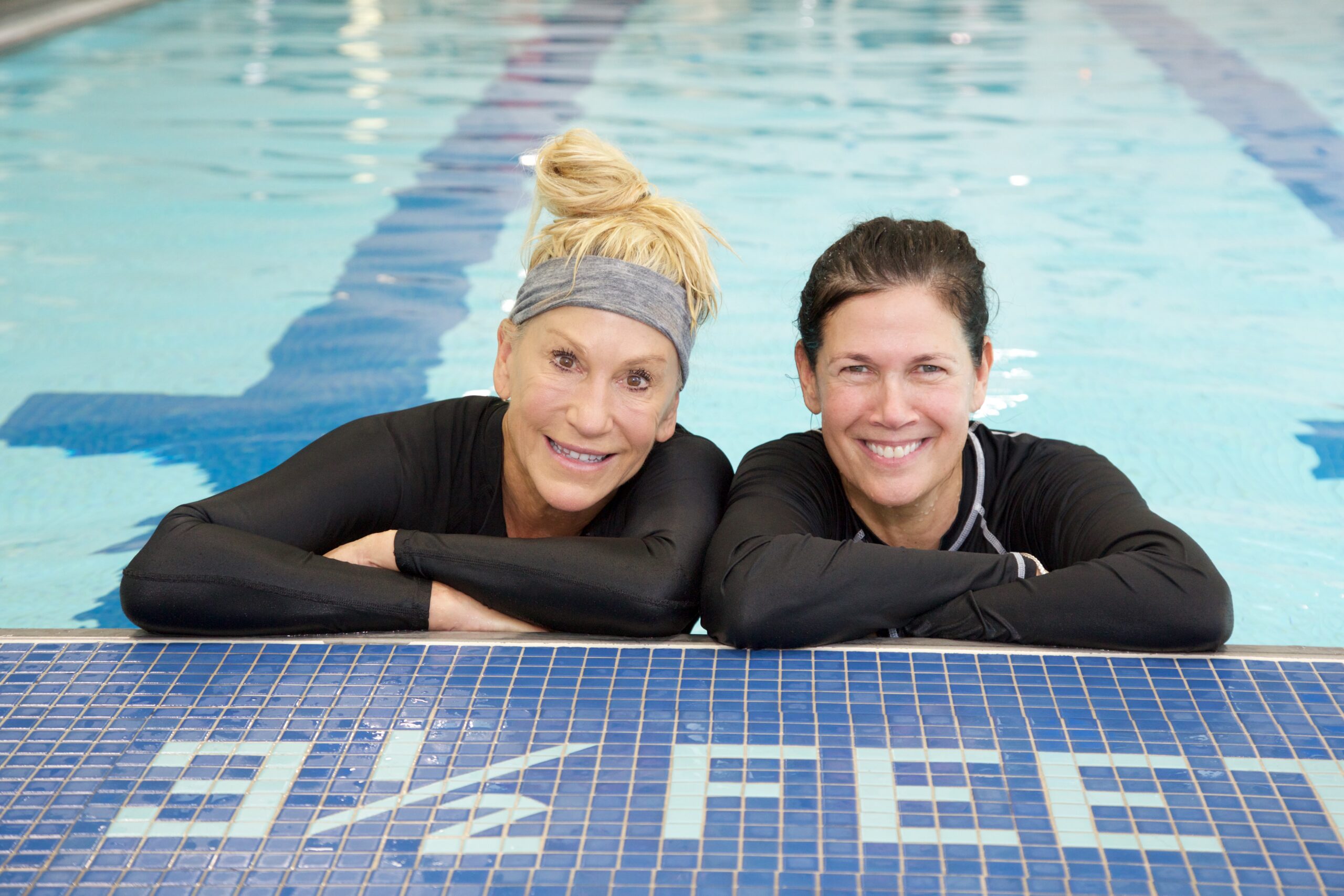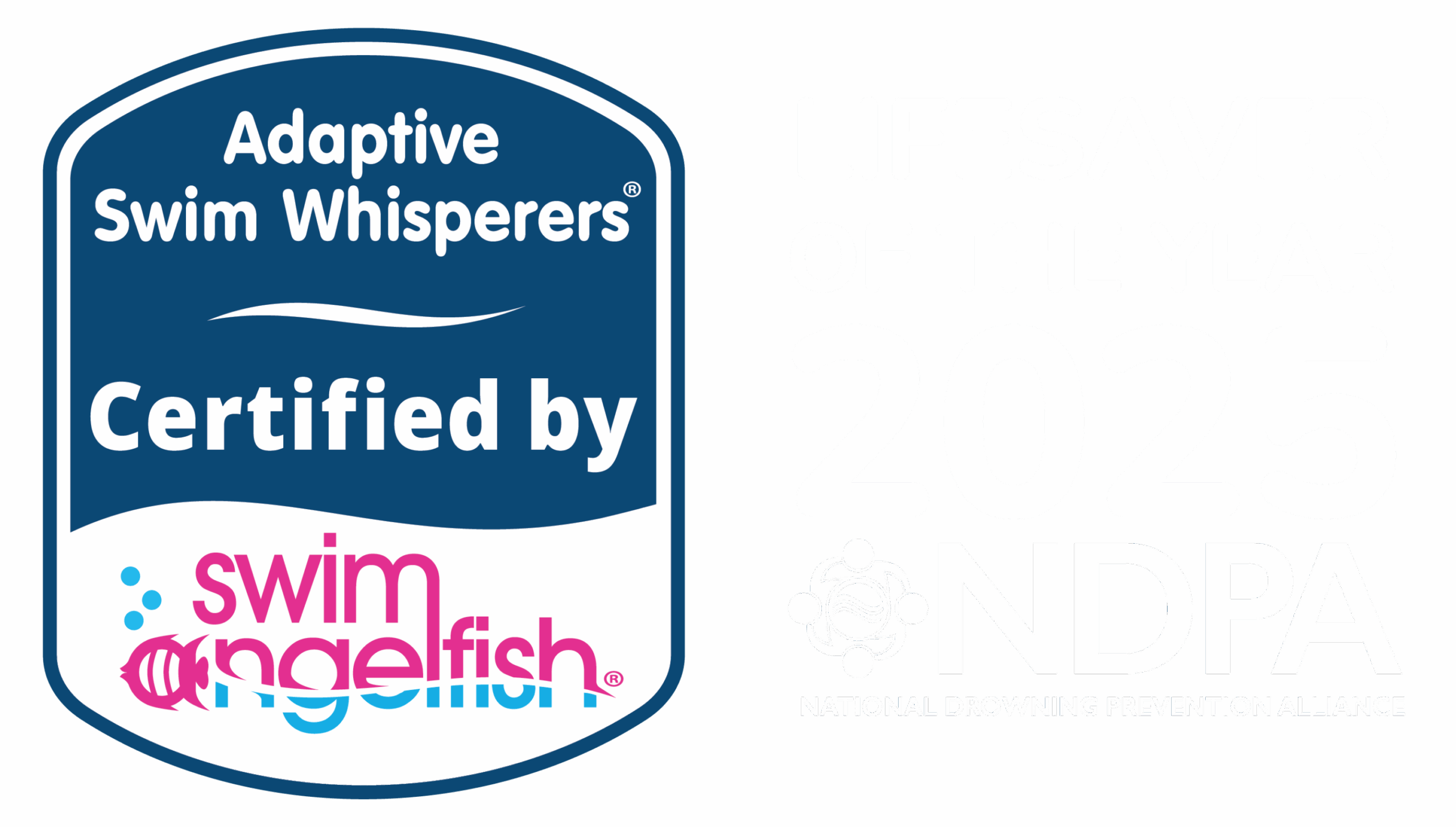Discover how important life skills can be nurtured, as we explore the multiple benefits of choosing aquatic therapy or swim lessons for individuals with Down Syndrome.
Genetic disorders such as Down Syndrome can have an impact on muscle tone, learning, judgement, and communication. This can make it challenging to participate in traditional therapy and activities. However, aquatic therapy and swim lessons offer a unique and effective way to address the difficulties that people with Down Syndrome experience.
What is Down Syndrome?
Down Syndrome occurs when a person is born with an extra copy of their 21st chromosome. These children can experience a wide range of symptoms, usually consisting of mild to moderate intellectual disability and delayed physical development.
Statistics Relating to Water Safety for Children With Down Syndrome
How Adaptive Swim Lessons and Aquatic Therapy Contribute to Water Safety
Part of our mission at Swim Angelfish is to help improve water safety for children of all abilities and create a supportive, understanding environment where water safety skills can flourish. Aquatic therapy can help satiate a child’s sensory needs as well as improve their strength, coordination, and motor planning so that they are able to function safely in an aquatic environment. Swim lessons additionally help children develop a crucial sense of awareness for water safety and independent movement, while fostering a positive and functional relationship between the child and the water.
Learning to swim can provide an abundance of benefits for children with Down Syndrome. Children with Down Syndrome present with low muscle tone and ligamentous laxity, or “loose joints.” Aquatic exercise through swimming can be beneficial for this population because the gravity minimized aquatic environment allows for less stress on the joints while still providing immense strength and cardiovascular benefits. Weight management and cardiovascular health can also be of concern in this population and swimming is a great way to help these individuals improve their strength, endurance, and cardiovascular health in a safe and fun way! From a cognitive perspective, swimming also requires a ton of motor planning in both the arms and legs simultaneously, which is great for cognitive development in this population!
Benefits of Swim Lessons for Down Syndrome
Aquatic therapy is great for individuals with Down Syndrome for a variety of reasons! Many children with Down Syndrome present with decreased core strength and often overuse their rectus abdominal muscle (the muscle that helps them do a straight sit-up). Due to the overuse of this muscle, they may develop a small split called diastasis. Aquatic therapy can increase core strength by improving oblique activation through controlled trunk rotation. This can help improve diastasis and give the child more trunk stability. Many children in this population also present with retained primitive reflexes. Aquatic therapy is a great way to help integrate those reflexes in a fun and engaging environment! Some children with Down Syndrome also seek the sensory input provided by the water. Aquatic therapy can be used to help satiate a child’s sensory needs and improve self-regulation, so that they are able to leave a session with improved attention and decreased impulsivity. Aquatic therapy can also be a vital stepping stone to swim lessons, as it targets the underlying motor planning, coordination, and strength deficits that may be limiting a child from being able to develop crucial swim safety skills.
Benefits of Aquatic Therapy for Down Syndrome
Our Swim Whisperers® Adaptive Aquatics Training Program is the only adaptive aquatics training program that uses a therapeutic approach to assess, identify, and overcome the roadblocks that are present in children with special needs while learning to swim.
Here are some great tips when working with individuals who have Down Syndrome:
If you are a swim instructor looking for new ideas on how to teach swimmers with Down Syndrome, we have you covered with our blog Swim Success for Down Syndrome.
We can help you find a qualified instructor or aquatic therapist to help your child with Down Syndrome become safer and more independent in the water.
We have highly skilled instructors certified in the Swim Whisperers® program who will work with your child to identify and address any underlying obstacles that they are experiencing with learning to swim.
We also have licensed aquatic physical, occupational and recreational therapists who will use a fun, innovative multi-sensory approach to reach specific therapy goals. We offer private, semi-private and small group sessions across multiple locations in CT, MA, NH and NY.
